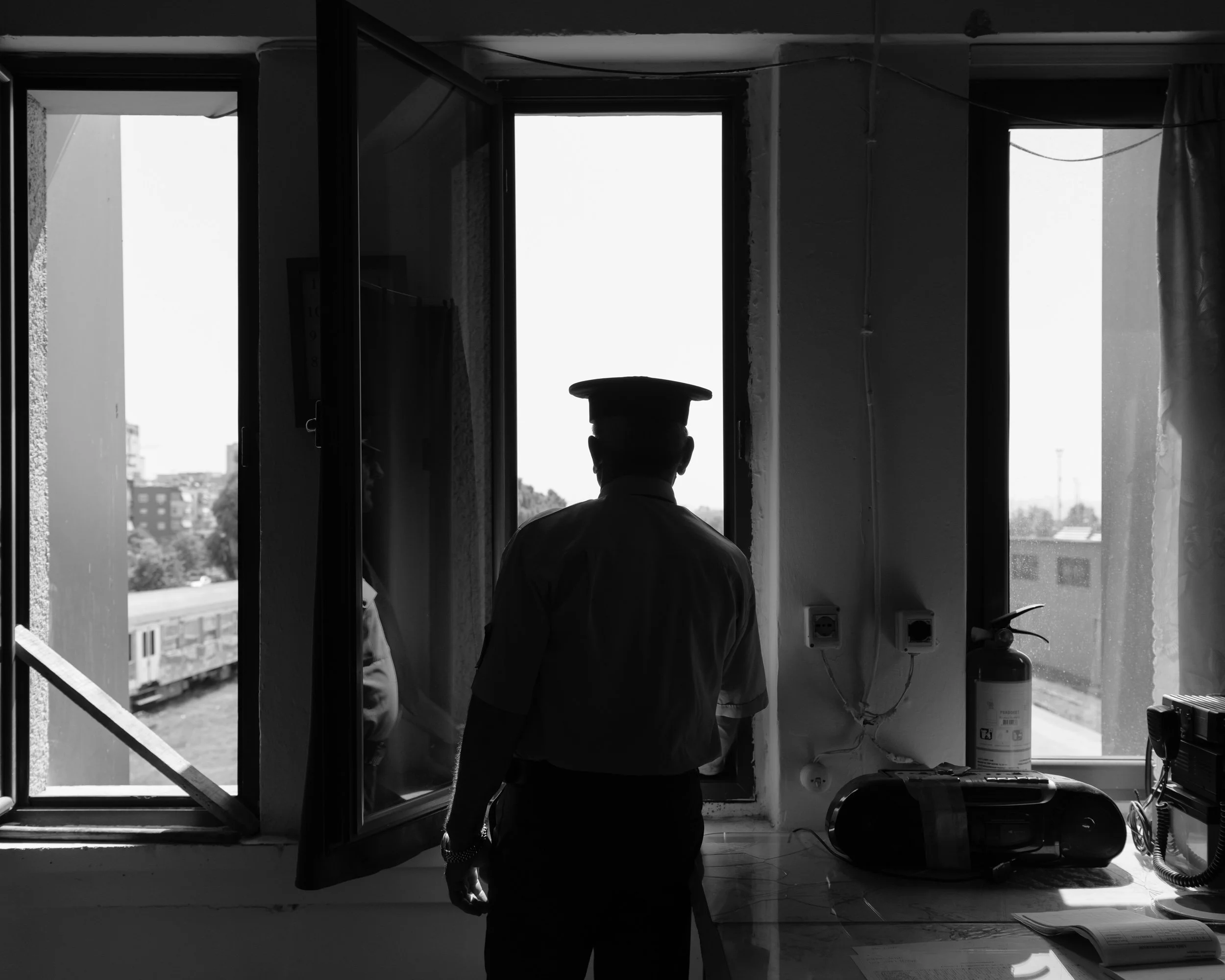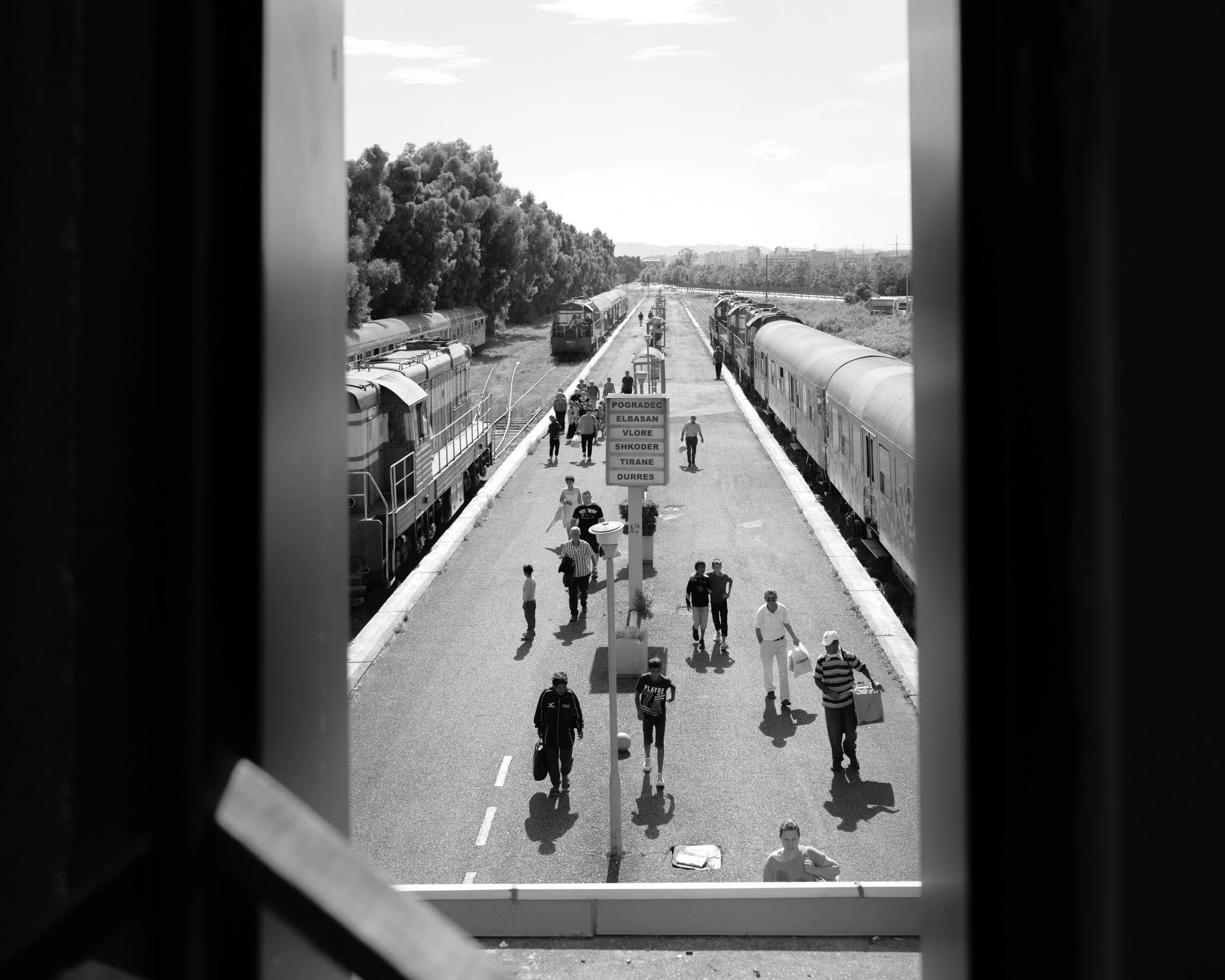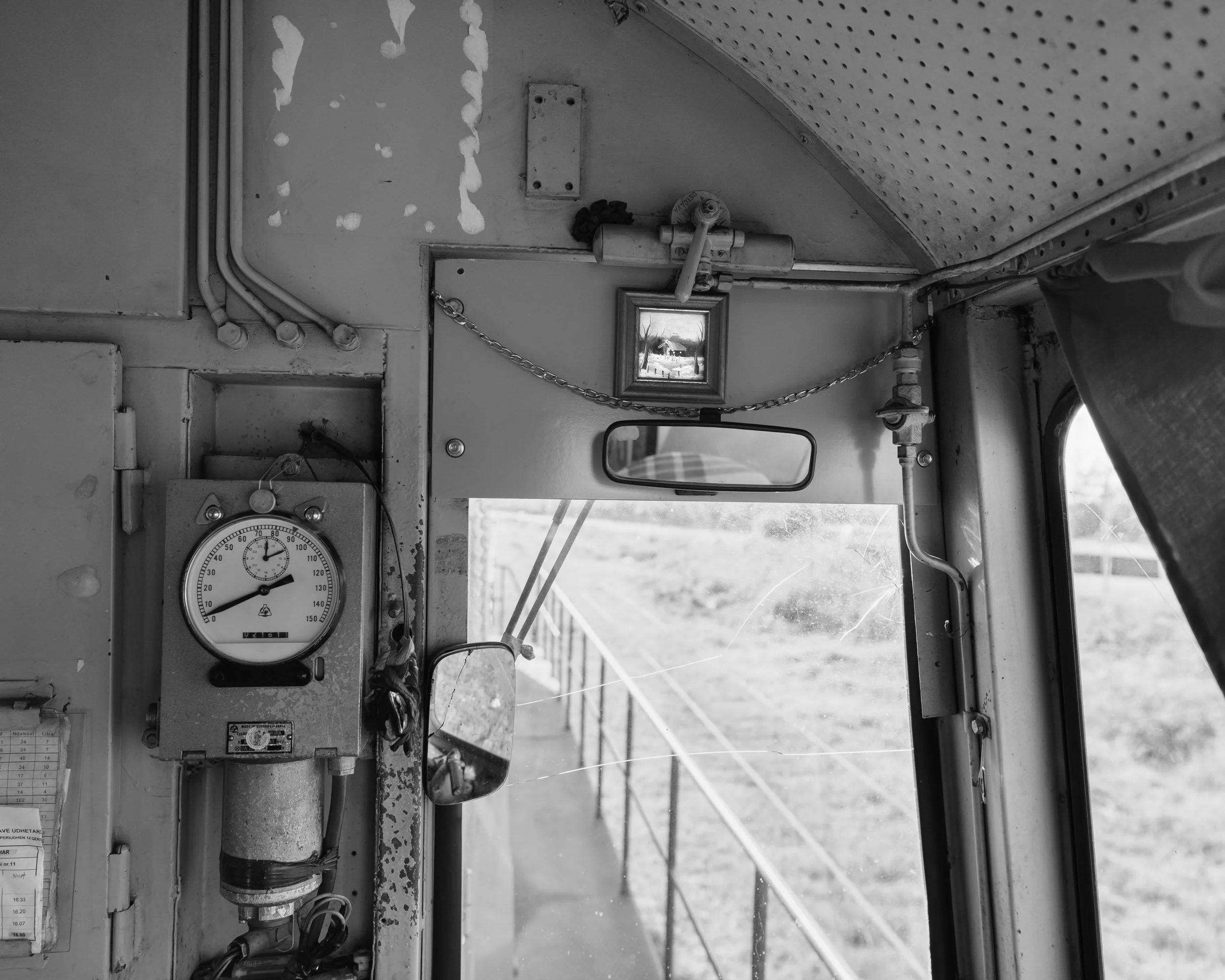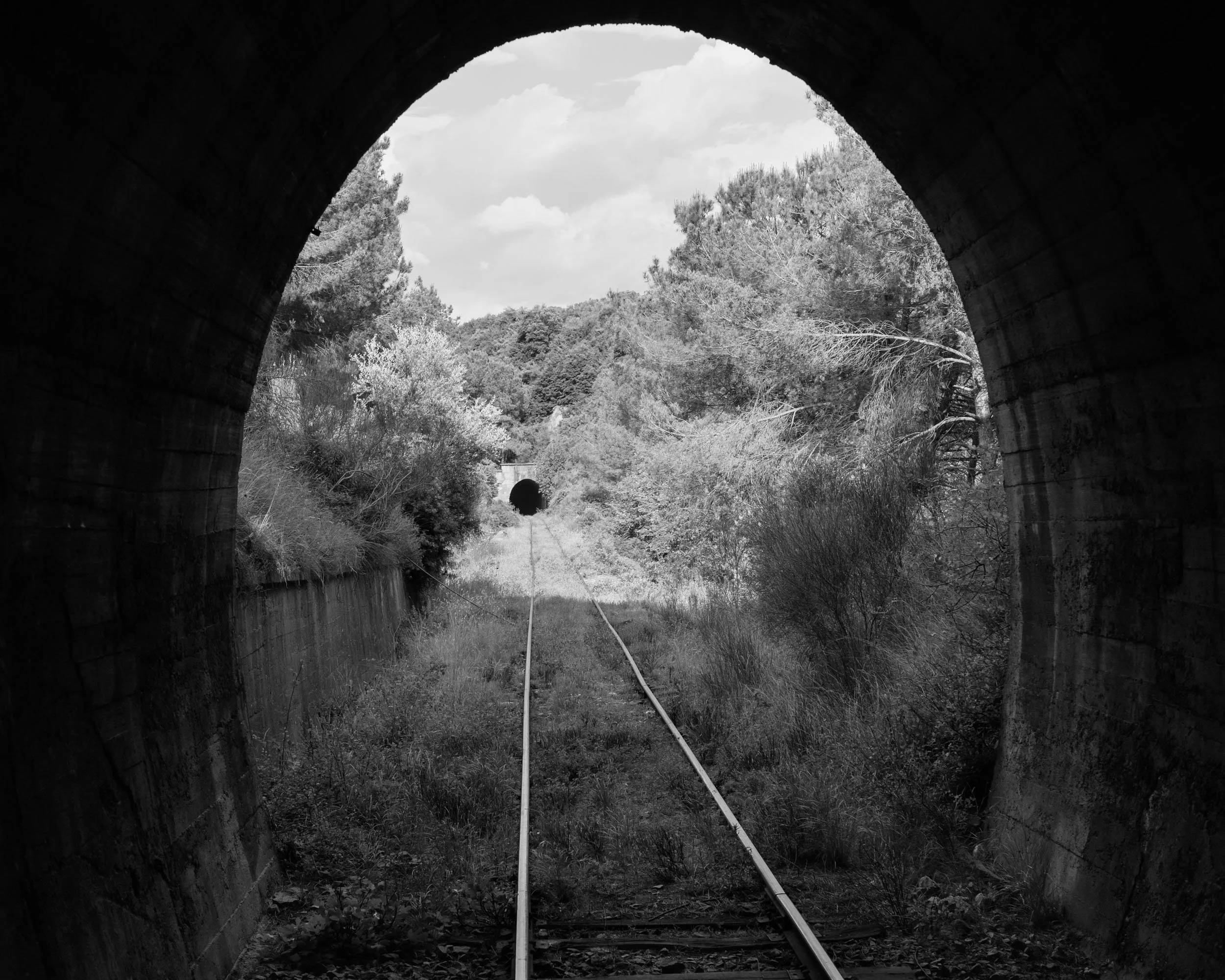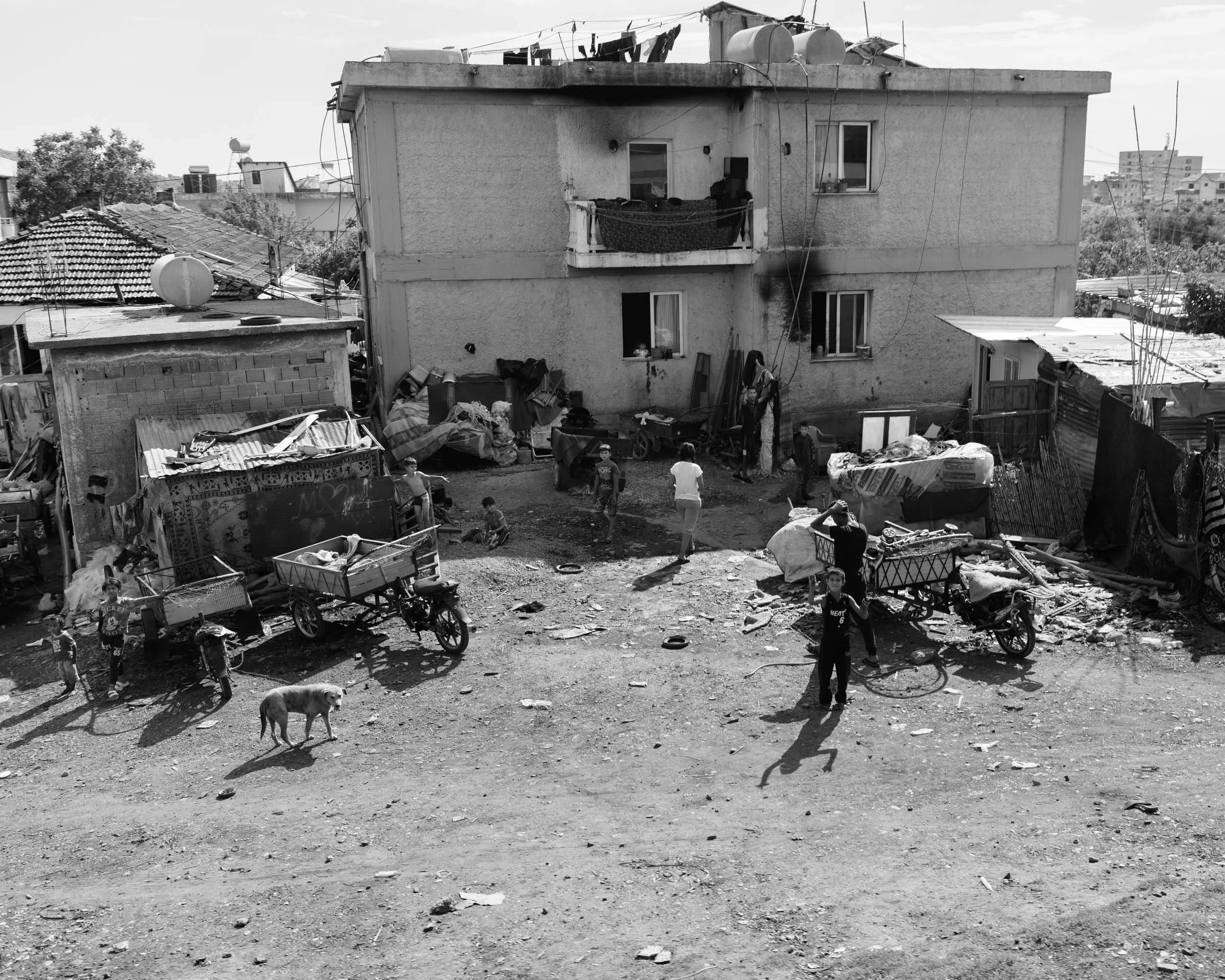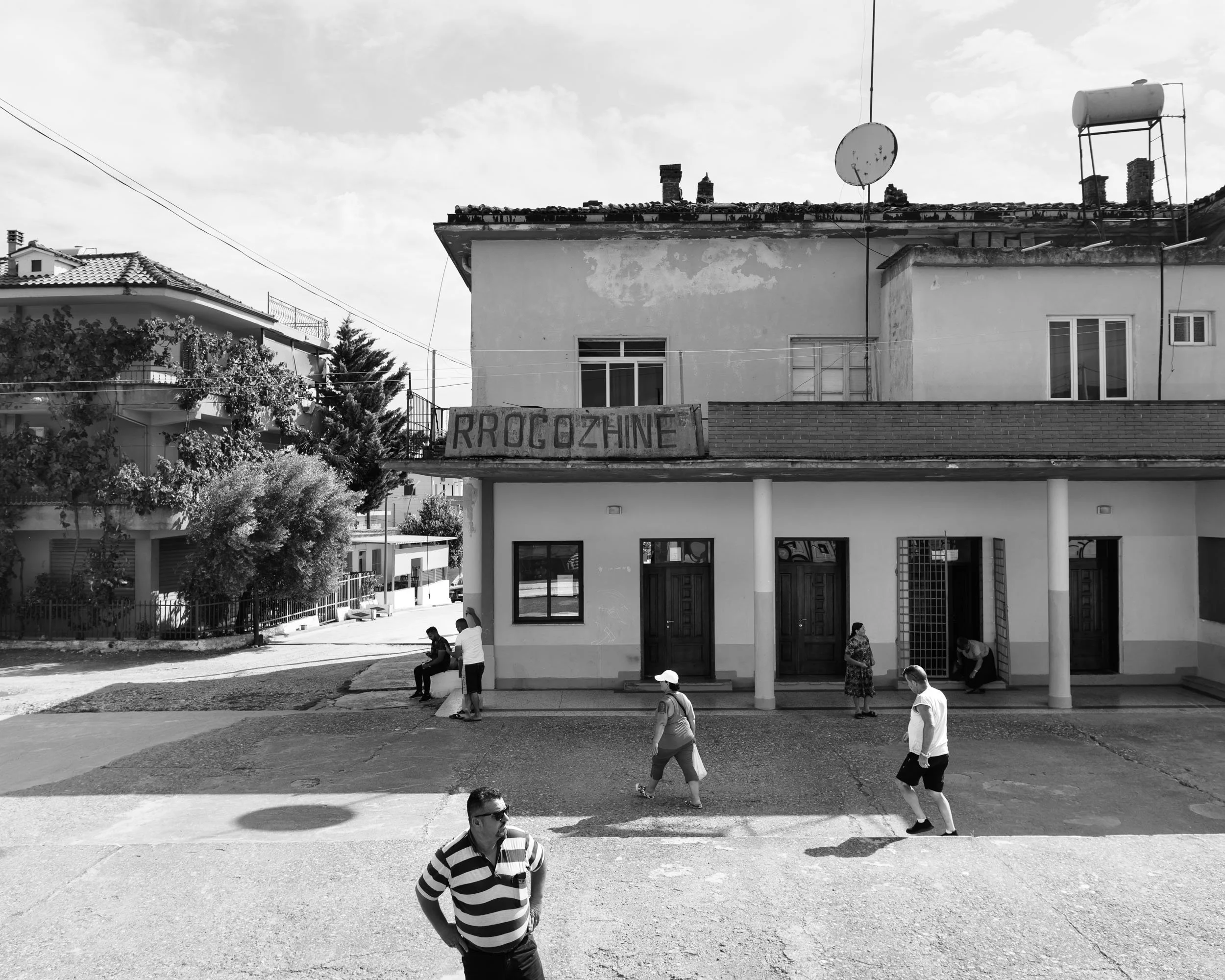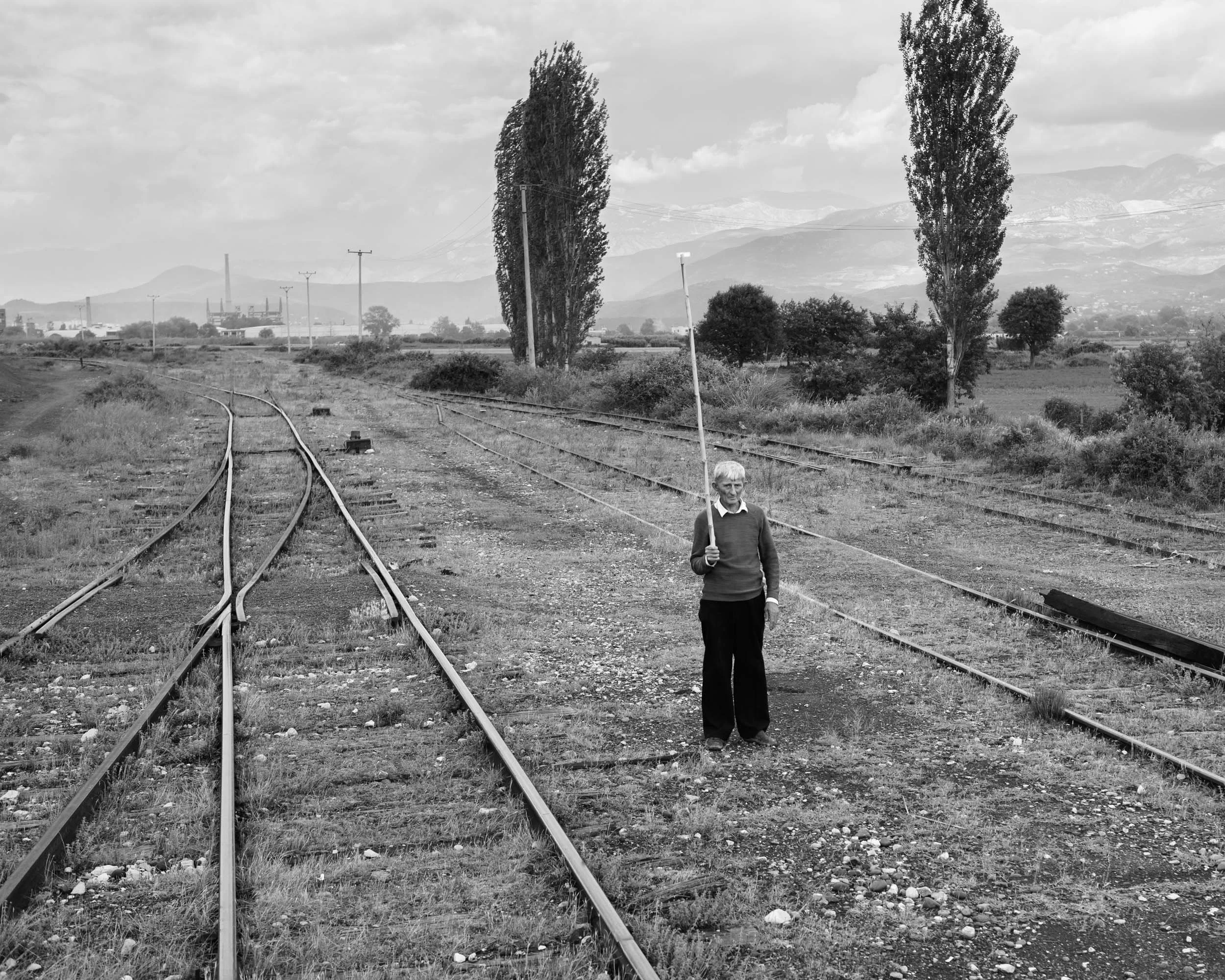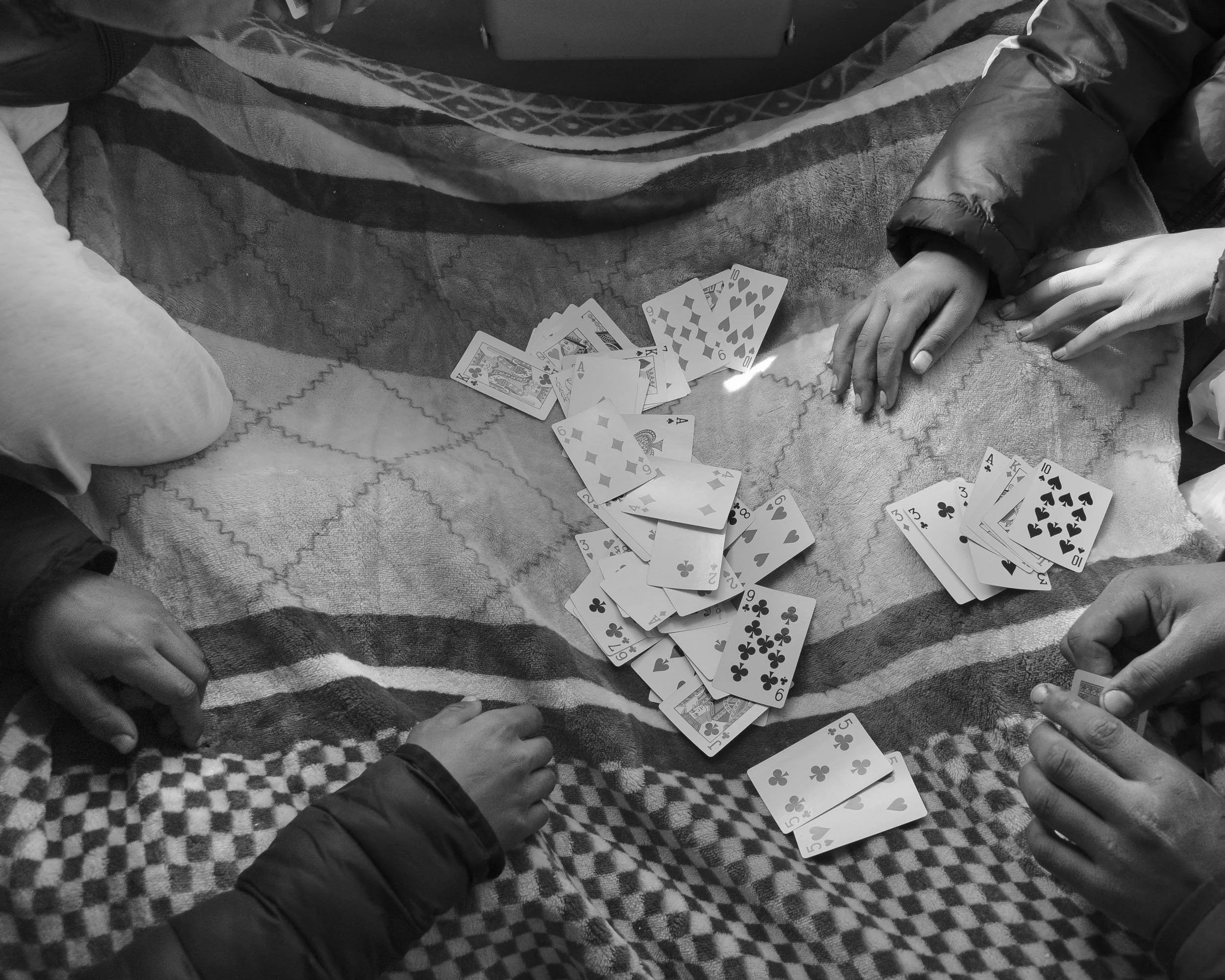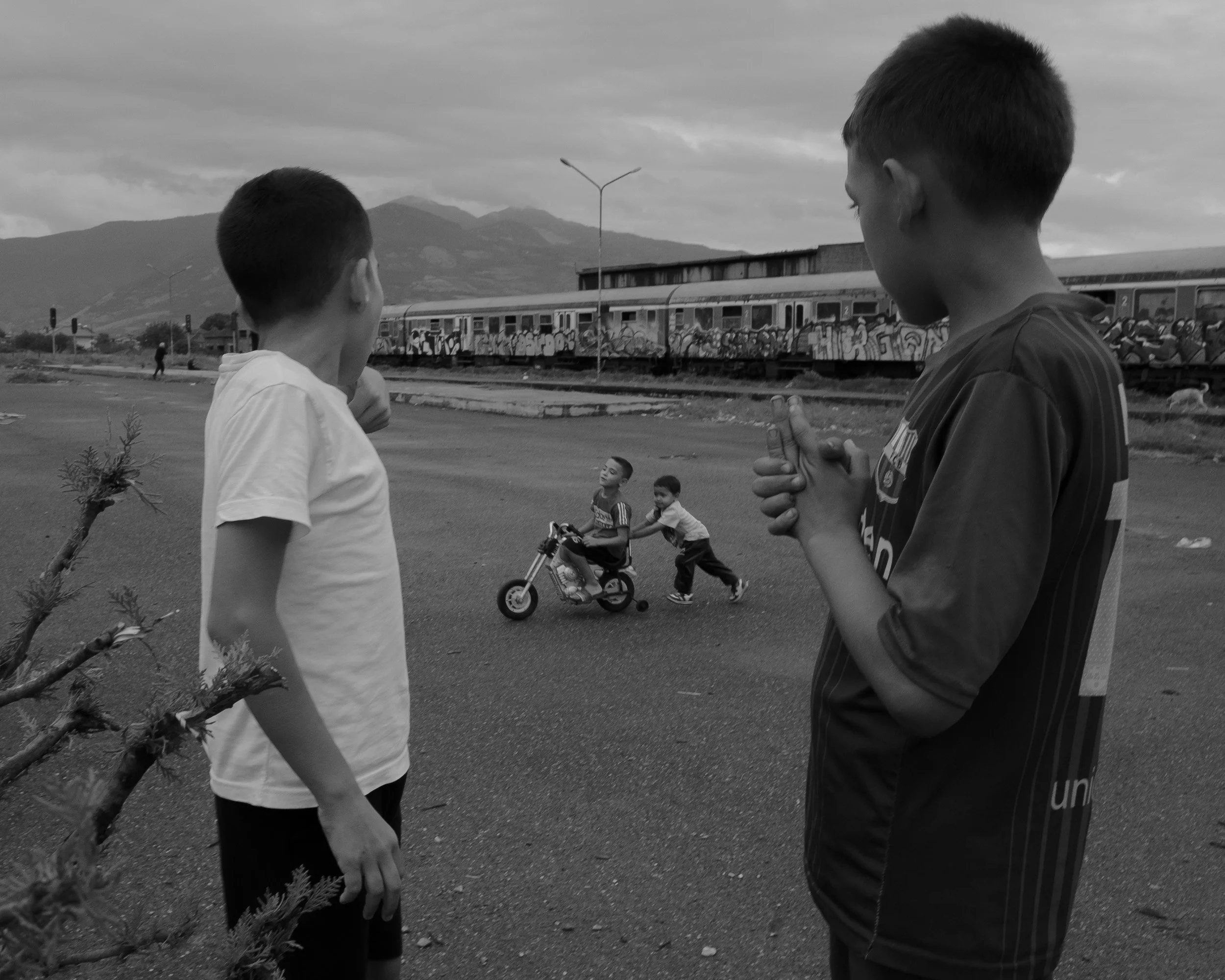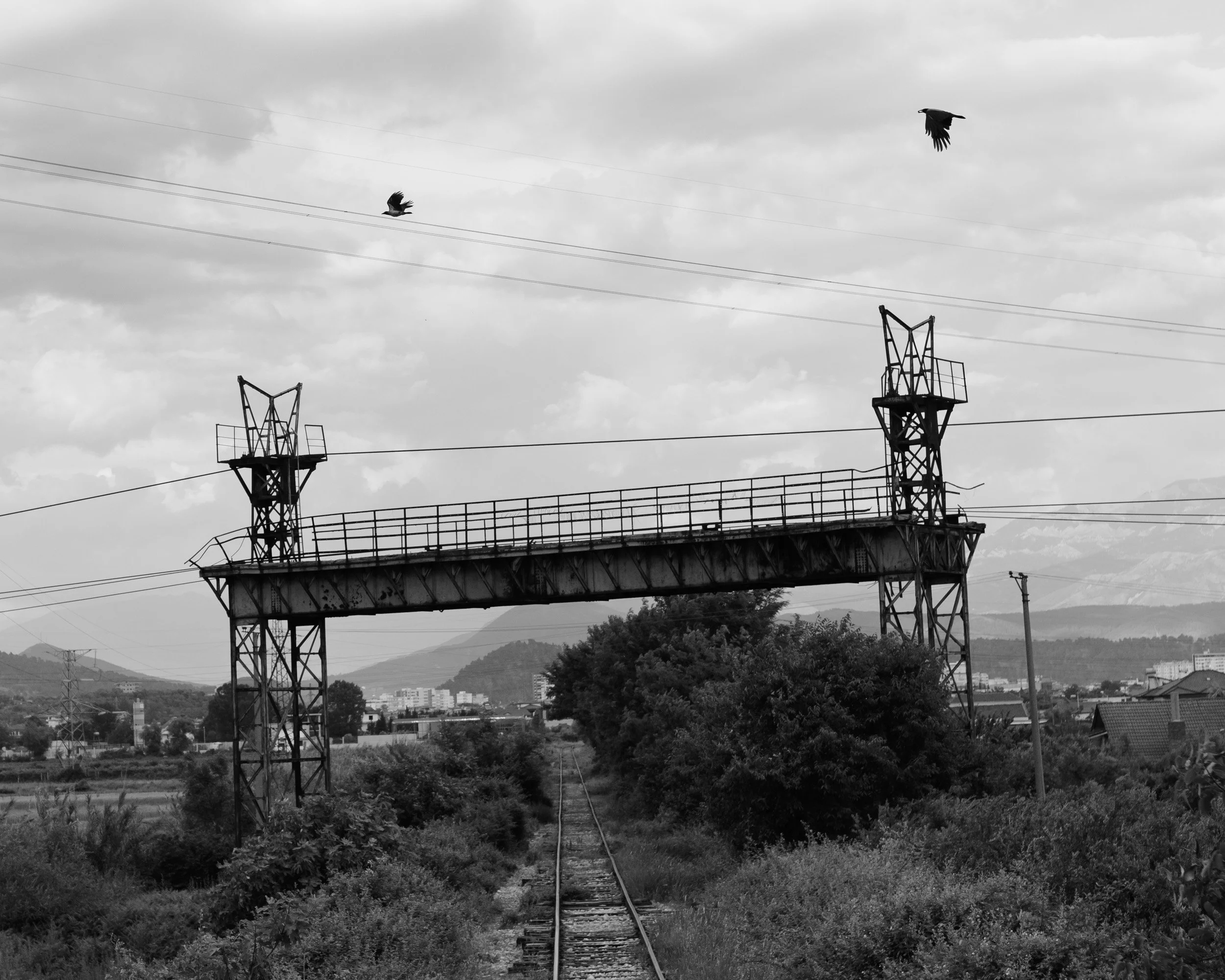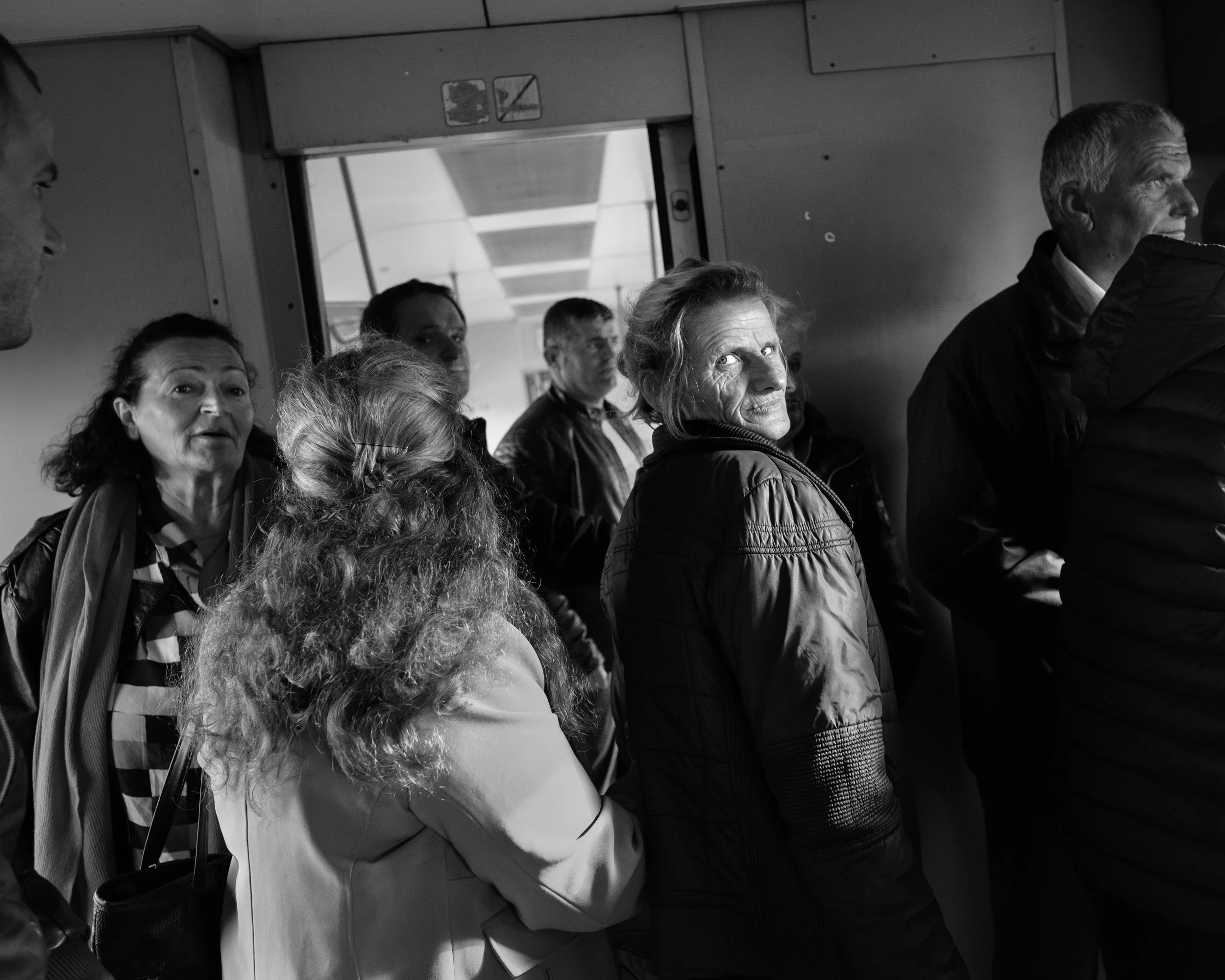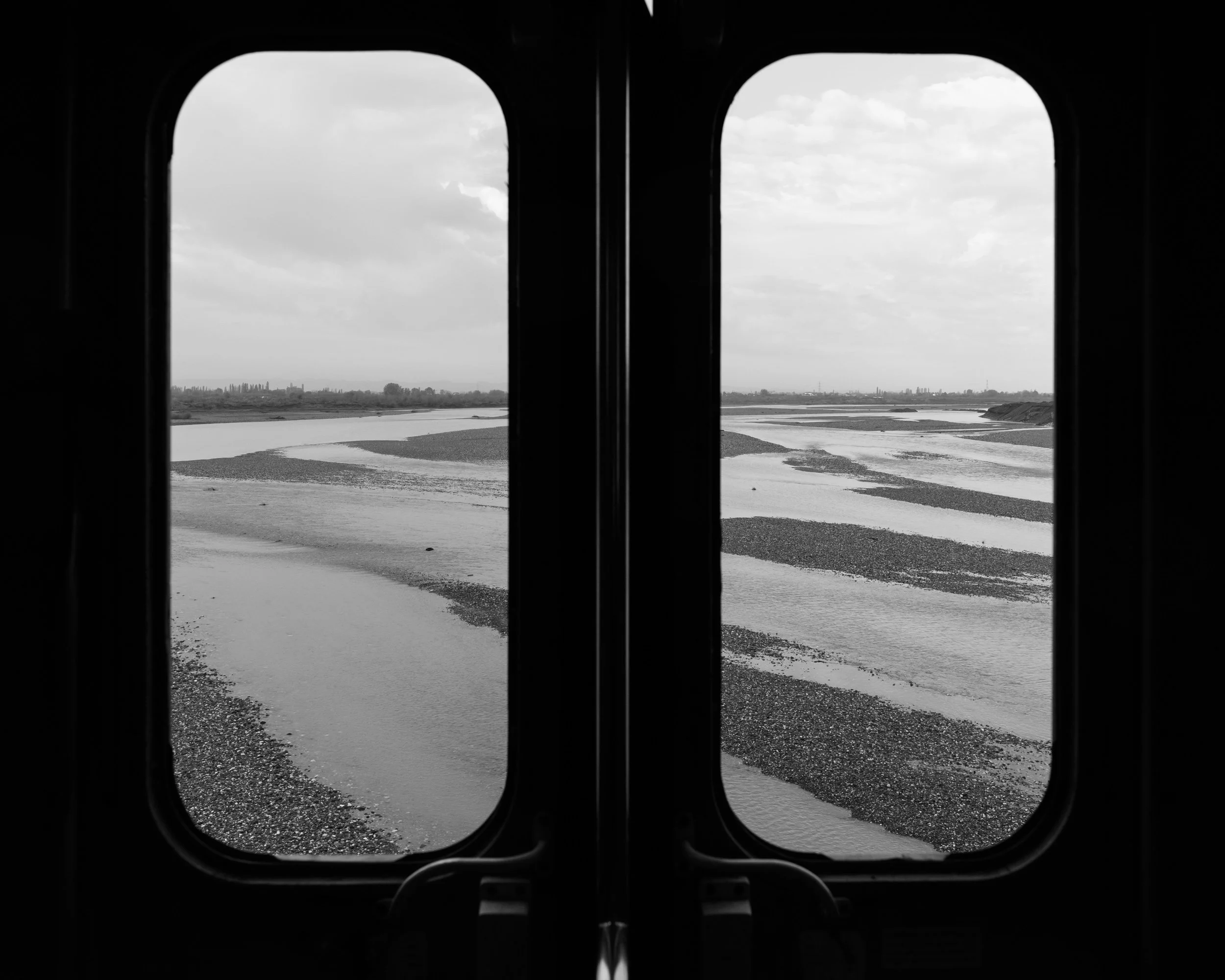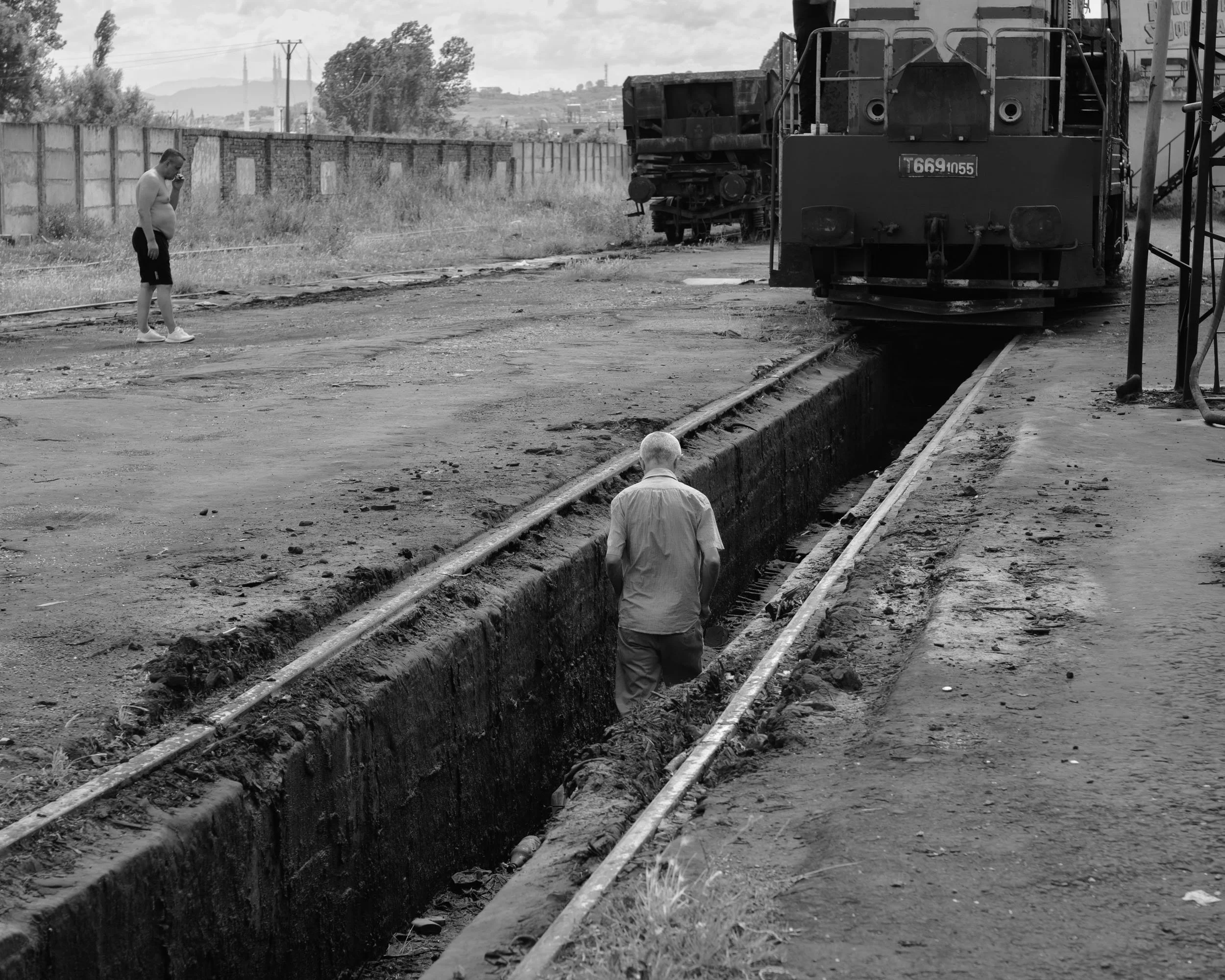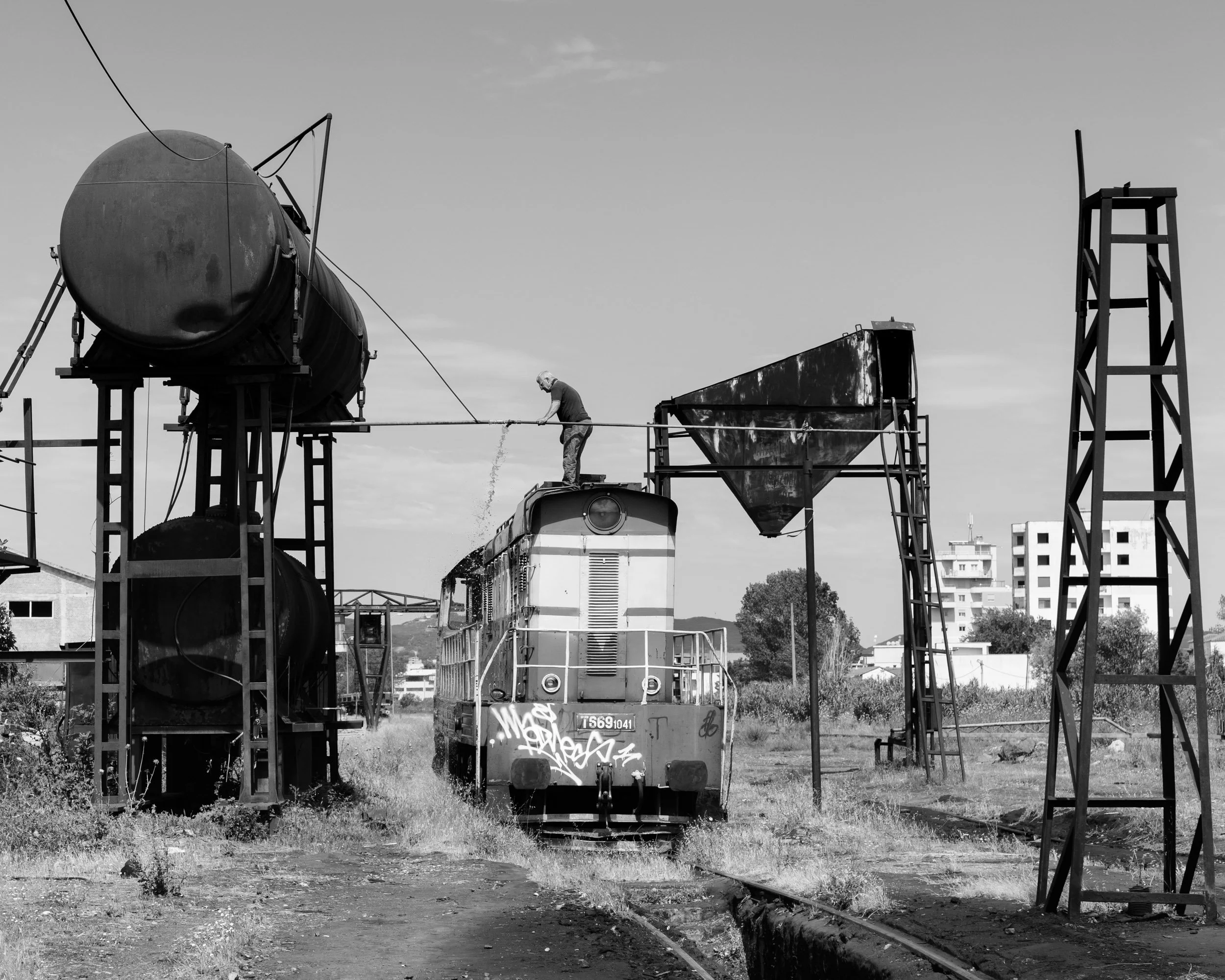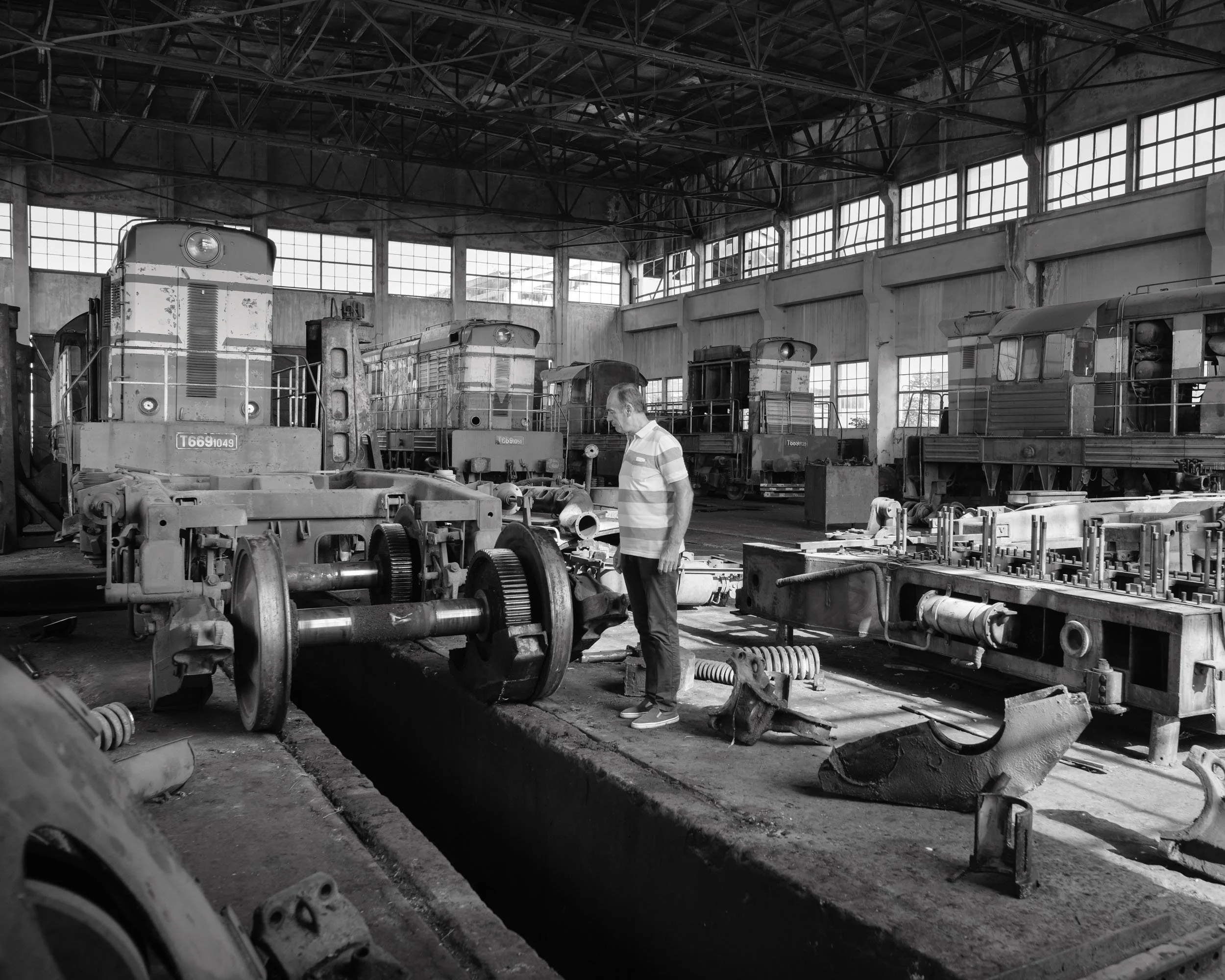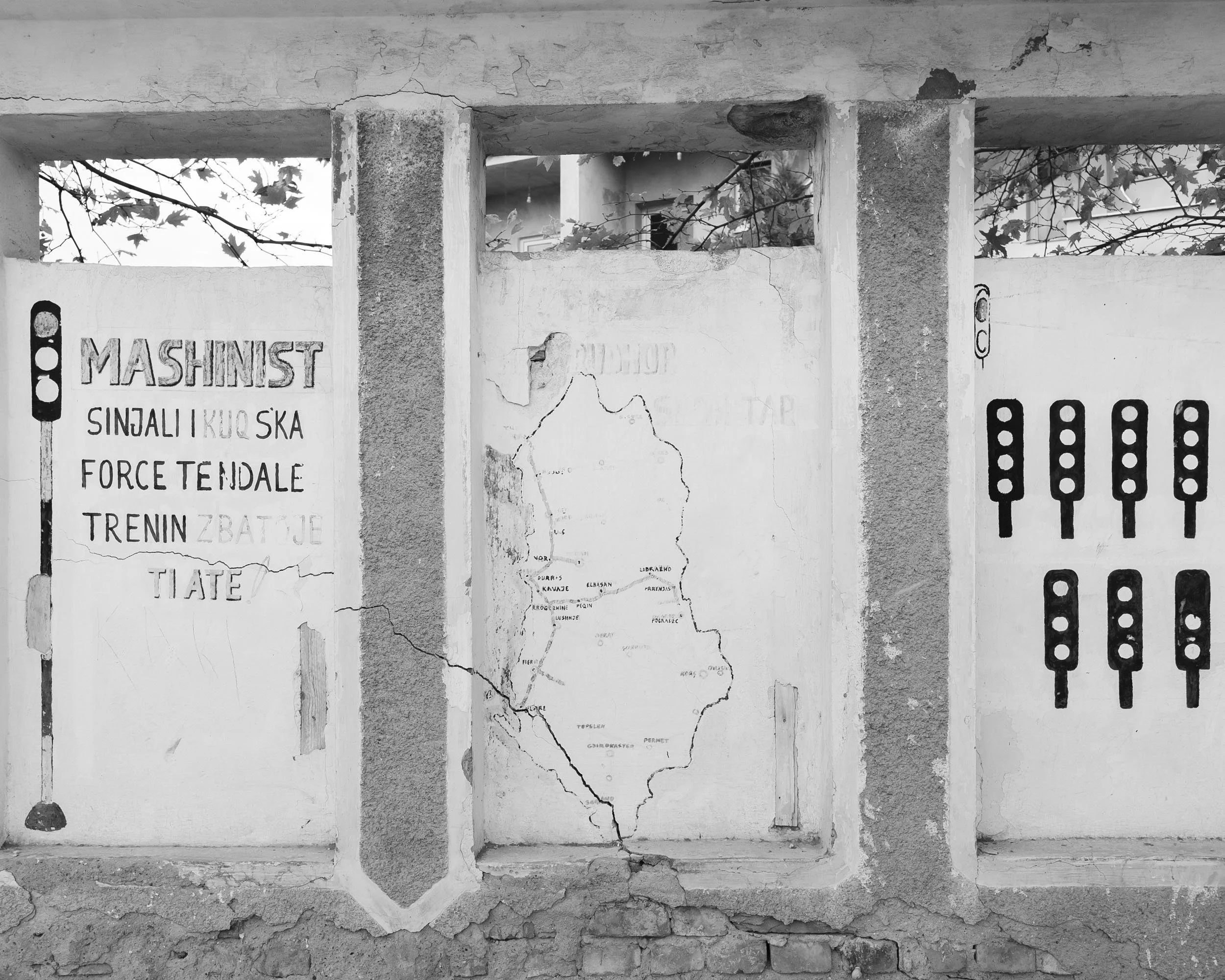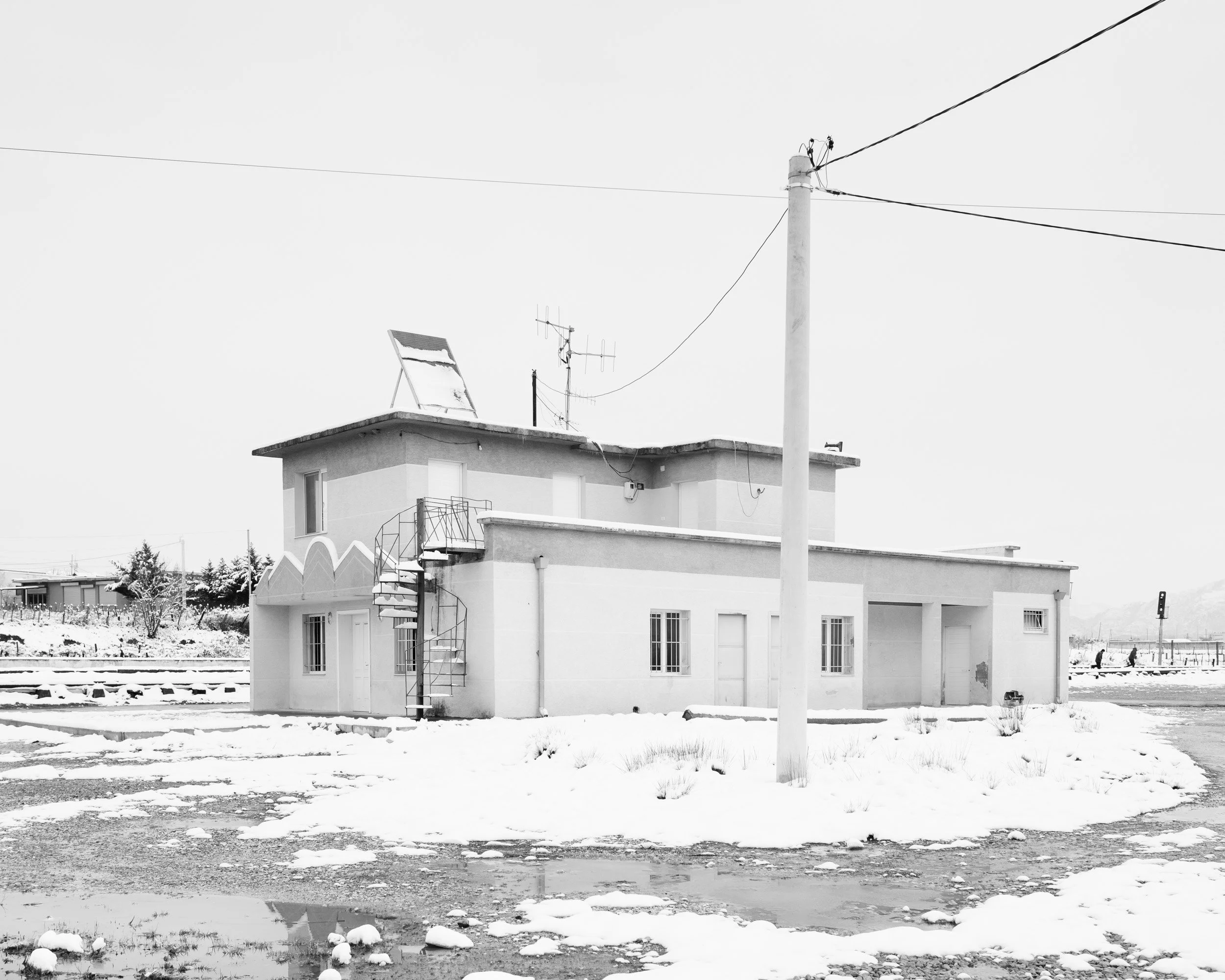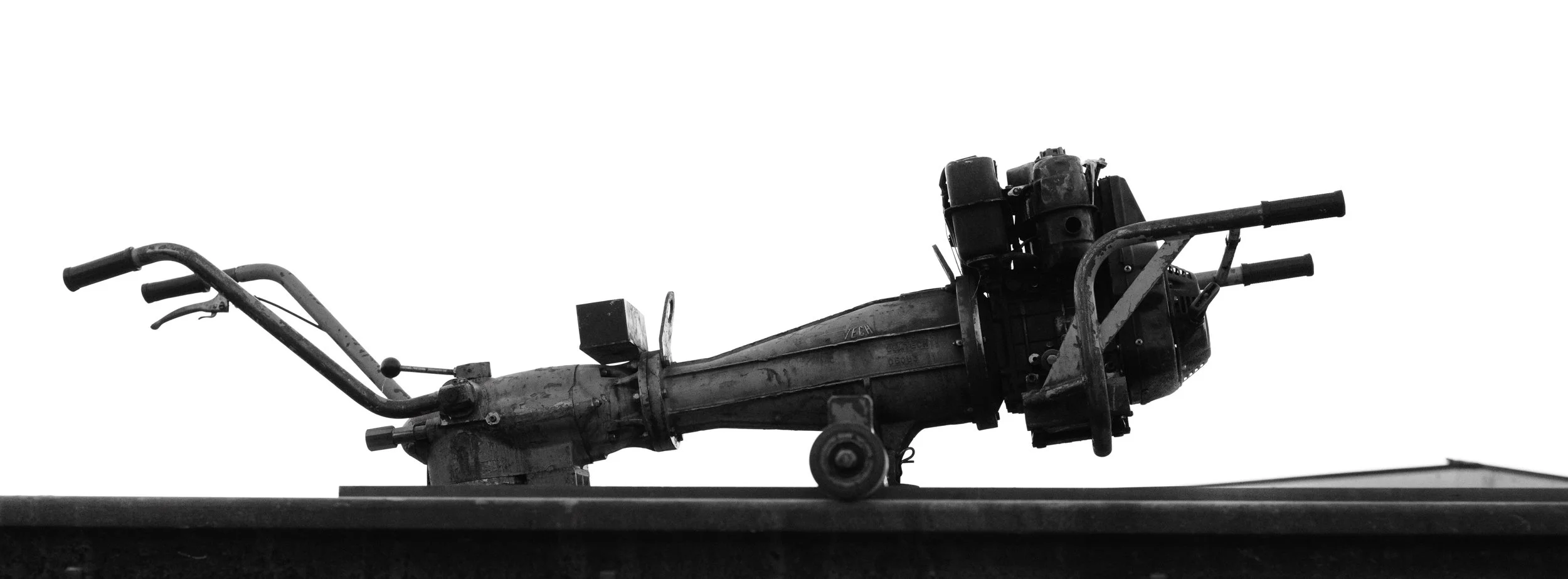‘’While traveling through different spaces, the train has traveled in time, carrying with it all the changes that we went and are going through.’’
Waiting for a train
Zeni Alia
My relationship with the train starts back in my childhood. In fact, I believe it was born with me. My house is located about 10 to 15 meters away from the railway tracks and about 100 meters from the station. My house was one of the railway’s buildings that the government gave railway workers to live in, temporarily. With it being one of the principal train stations in Albania, the traffic of commuter and freight rail (now rusted for years) had become for us kids a small playground. My strong connection with this iron giant is also a result of all the tales that I’ve heard in my early childhood. My grandfather worked all his life on the railway, my father too dedicated 20 years of his working life to it. After 21 years of absence, he returns to work on the railway tracks as a machinist.
One of the memories sculpted in my brain are the trips to Durres beach during summer. I cannot forget the emotions of the night before; Waking up early in the morning, packing clothes, food and water bottles filled with ice so that they could last through the day. The trembling from the cold morning air and excitement. When it arrived at the station, the train was already packed with people from the Tirana stop, also going to the beach. One of the games we’d play during the ride would be to hold out our arms through the window and reach for the leaves of the trees we rode next to. I remember also enjoying staying in the hallway and watching the light-shade-light switch as we crossed through tunnels. With salty skin, sunburnt shoulders and empty water bottles the ride back home felt much longer.
After the seventh grade till the second year of the Lyceum I seldomly used the train. To minimise expenses, to skip the traffic jams, I started using the train again to go to school. The student pass was very cheap. We were almost the same people every day. Mostly students and tradesman. Coming back home through late night train rides during winter felt quite scary, but the uncomfortable feeling would start to fade away as we initiated conversation and exchanged stories with the passengers that I would happen to share the cabin with. By the end of my third year at the Lyceum, the Tirana train station was closed.
It was the winter of 2020. The 13th of February brought the snow. It rarely snows in this part of the country. This time, like never before (for as long as I can remember), it snowed. Everything was covered white.
That moment, that image – it went against every memory, every feeling that I related with that view. I had felt the changes when I saw the railway during the weekends I went back home, but it was that whiteness that defined visually all the emptiness, all the changes that had happened to my childhood playground.
This moment did not last long as the snow melted away that same day.
The research I am doing now (trying to grasp what remains of the old trains and railways, which is to say that I am on the last part of the past) serves to mirror what used to be. For my good luck, there is still one train left, traveling on the same railways, following the same tracks, selling the same tickets, offering the same feelings. Now the train is visited only by a few people, it being a never changing group of travellers, or the workers most of which have already retired, and some are about to retire while working at the same position all their life.Detaching myself from my own history with the train, I can now understand more clearly the impact it had on us as a society. At some point, the train was almost the only transport mechanism in all of Albania, therefore it was the one place that connected everyone, no matter the culture, religion, societal class, personal beliefs, or any other factor that might divide people.
Construction of a new railway line Tirane-Durres began in early 2023.

